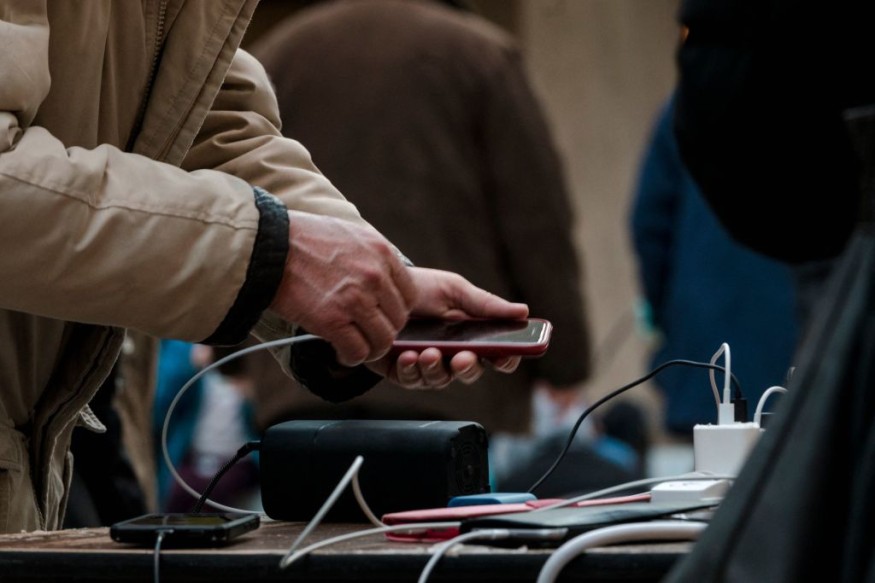FBI Warning: Avoid Using Public Phone Charging Stations

A recent FBI warning informs the public that using free public phone charging stations allows hackers to get into the phones and infect the devices with malware, giving them access to control of your phone, tablet, or computer.
"Avoid using free charging stations in airports, hotels, or shopping centers," a tweet from the FBI's Denver field office said, stating that criminals have found ways to exploit public USB ports to spread malware and install monitoring software on targets' devices.
Avoid using free charging stations in airports, hotels or shopping centers. Bad actors have figured out ways to use public USB ports to introduce malware and monitoring software onto devices. Carry your own charger and USB cord and use an electrical outlet instead. pic.twitter.com/9T62SYen9T
— FBI Denver (@FBIDenver) April 6, 2023
They also suggest carrying chargers and using an electrical outlet is safer, per CNBC.
The FBI provides similar advice on how to be safe when using public charging stations. No recent cases of juice jacking-related consumer harm were mentioned in the alert.
The Denver field office of the FBI stated that the communication was advisory and was not triggered by any instance.
Juice jacking is a virus-loading strategy, which the FCC has been issuing warnings about since at least 2021.
The FCC warned that consumer devices connected via insecure USB connectors were vulnerable to software that may steal login credentials. The commission advised consumers to avoid those public phone charging stations.
How Does Juice Jacking Work?
The Man in the Middle attack, known as "juice jacking," targets hardware, according to TechTarget.
The attacker either uses a USB connection to load malware directly into the charging station, infects a connection cable, and leaves it plugged in, hoping that an unsuspecting victim will use the 'forgotten' cable.
The "juice jacking" risk exists since a device's charging connector can also be exploited to send and receive data.
There are five pins on a USB connector. However, only two are used for data transport and charging.
When the mobile device is linked to the charging station, the user can transfer files to and from the computer.
The most typical targets of juice jacking attacks are USB ports and phone charging cables. USB connections in portable power banks and video arcade consoles are two less prevalent devices that could be utilized in this hack.
The term "juice jacking" was coined in August 2011 during the DEF CON hacker convention.
Public phone charging stations were available for those attending the conference, but the attendees were warned not to trust seemingly harmless offers of free charging since their gadgets could be infected with malware.
Apple and Android released software updates that alert consumers whenever they are charging, allowing them to determine whether to trust the charging port, power bank, or other charging procedure.
Users' devices will only be able to be charged if the untrusted device option is selected.
Previous FBI Warning Says Be Careful in Scanning Unknown QR Codes
The FBI has previously issued various warnings regarding our mobile devices, said the Jerusalem Post.
An FBI warning was issued last year, asking individuals to be cautious when scanning QR codes.
"Cybercriminals are taking advantage of this technology by directing QR code scans to malicious sites to steal victim data, embedding malware to gain access to the victim's device, and redirecting payment for cybercriminal use," said the FBI warning.
Scammers were contacting and claiming to be from government entities, demanding money from the targets under the threat of criminal prosecution, according to an FBI warning released in April 2021.
This is owned by Latin Post.
Written by: Bert Hoover
WATCH: Juice Jacking: FBI warning to stop using public charging stations - From ABC 7 Chicago
Subscribe to Latin Post!
Sign up for our free newsletter for the Latest coverage!
© 2025 Latin Post. All rights reserved. Do not reproduce without permission.















